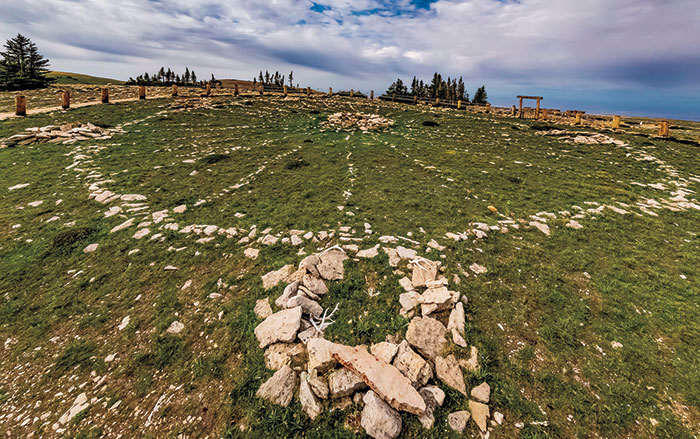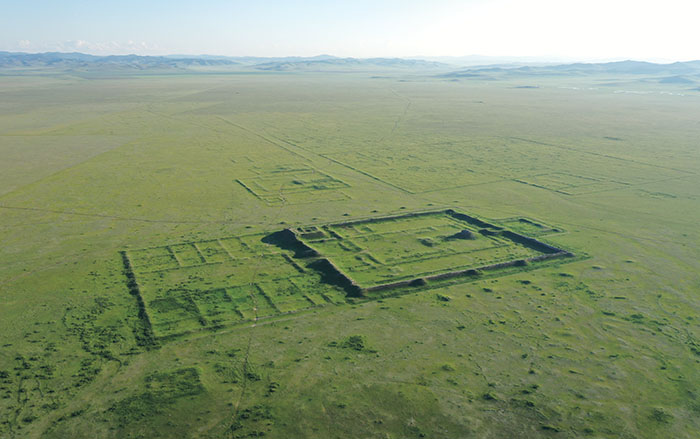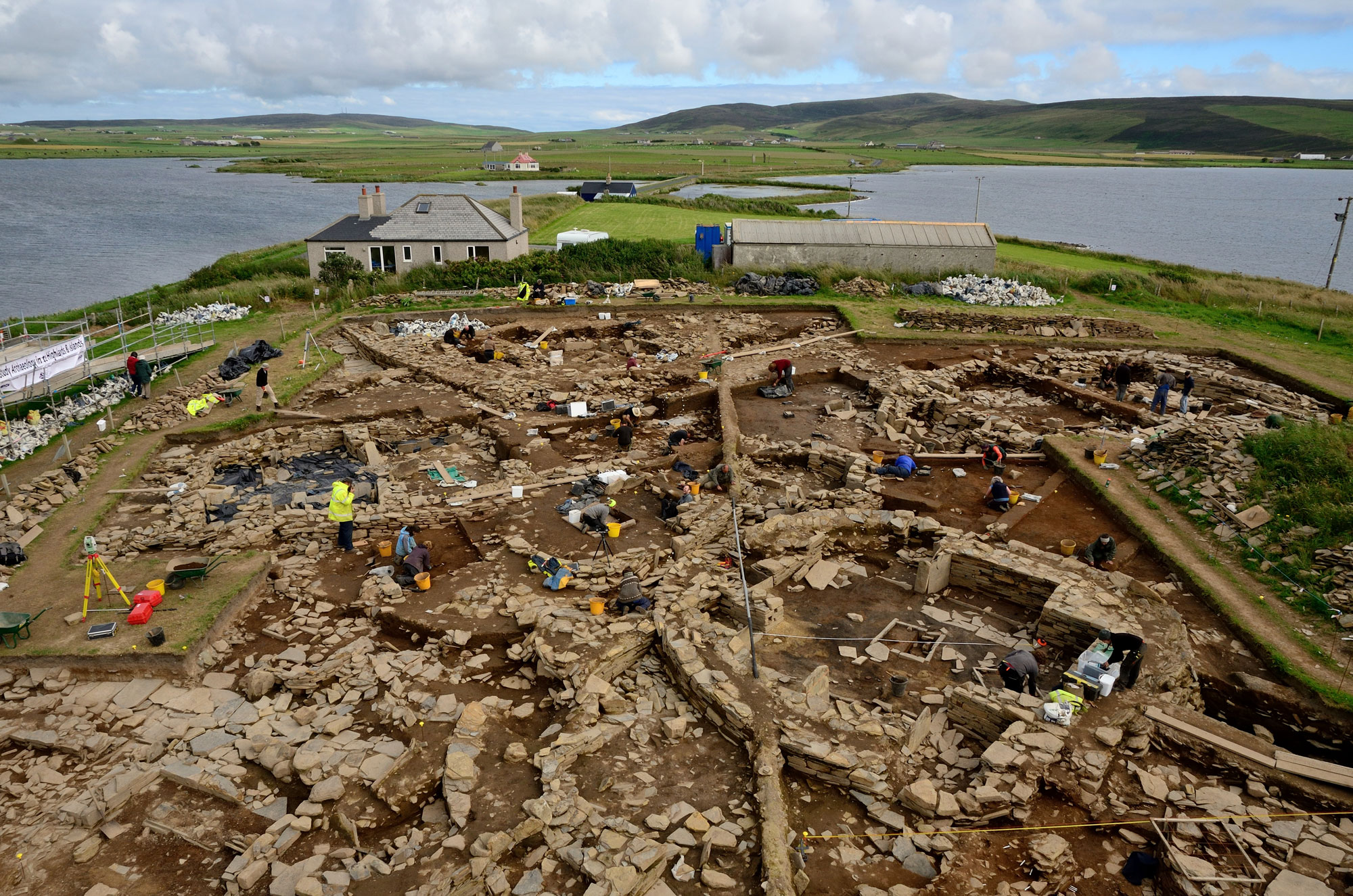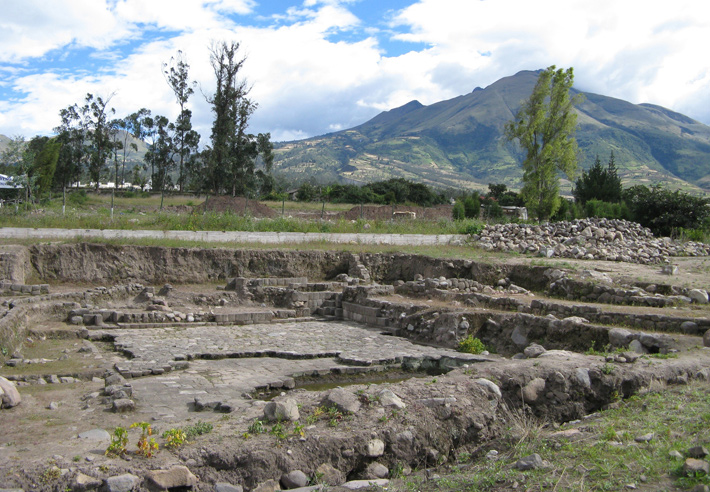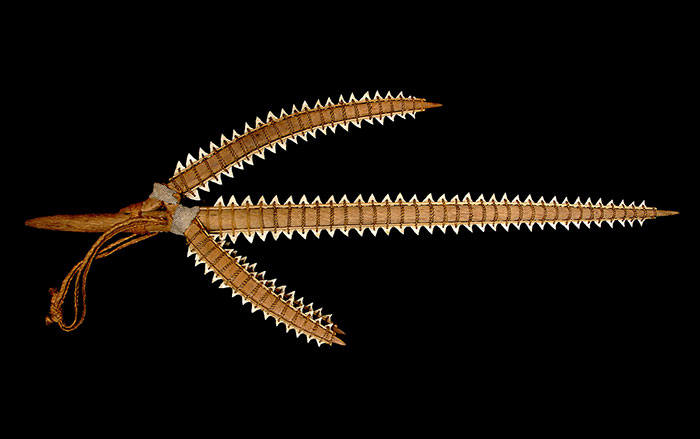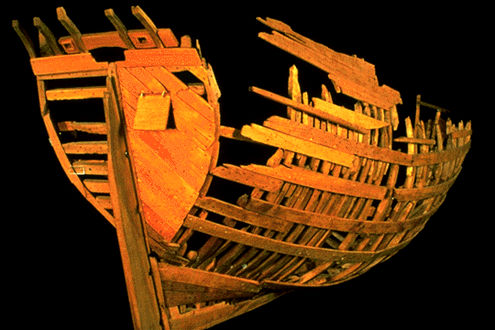
RED BAY, CANADA—Spanish shipbuilders are preparing to use archaeological data to reconstruct the San Juan, the oldest shipwreck ever discovered in Canada. A sixteenth-century Basque whaler, the San Juan was discovered in 1978 off the coast of Newfoundland, and went down with thousands of barrels of rendered whale blubber aboard. The first physical evidence of Basque whaling in Canada, the vessel's remains are an invaluable archaeological resource for the study of Basque shipbuilding during the Age of Exploration. “There were no ships’ plans—they were built with traditional knowledge,” said Robert Grenier, Canada’s former top marine archeologist who led the excavation of the San Juan. “Everything was in the shipbuilders’ minds. That’s why the data from the archaeology is so critical.”


